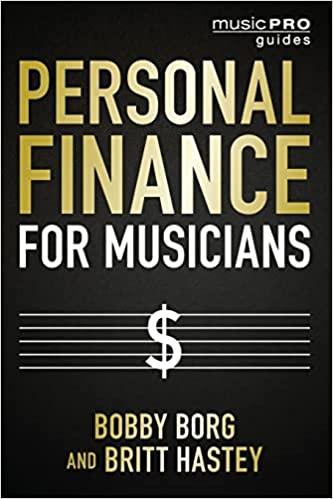Answered step by step
Verified Expert Solution
Question
1 Approved Answer
1. Certainty Equivalence and Precautionary Savings Consider a consumer facing the following finite horizon problem: maxE0t=1T(1+)t11U(Ct) where U(Ct)=Ct21Ct2 subject to Ct+At=Yt+(1+rt)At1+A0=0 Note that Ct,Yt and

Step by Step Solution
There are 3 Steps involved in it
Step: 1

Get Instant Access to Expert-Tailored Solutions
See step-by-step solutions with expert insights and AI powered tools for academic success
Step: 2

Step: 3

Ace Your Homework with AI
Get the answers you need in no time with our AI-driven, step-by-step assistance
Get Started


